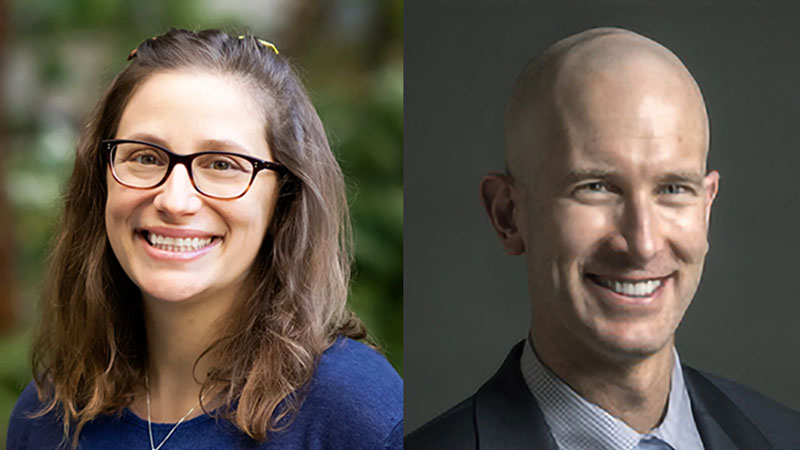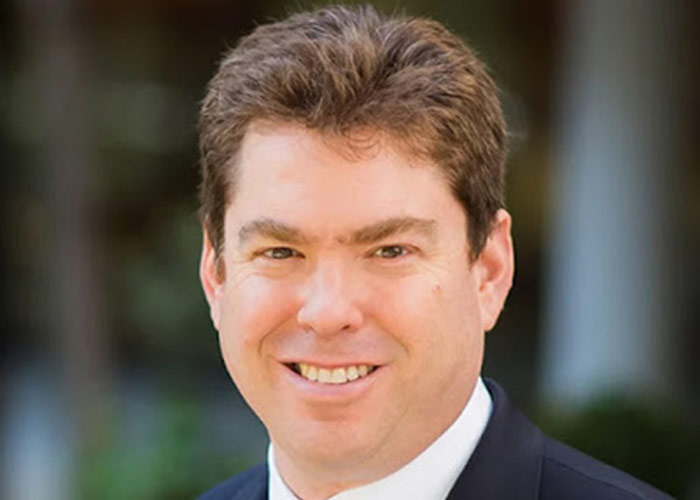This month’s American Journal of Alzheimer’s Disease & Other Dementias offers us something unusual but highly relevant . Chatterton, Baker and Morgan give a review of the literature on singing to people with dementia and they find that singing to people who have dementia improves quality of life for both the people with dementia and their caregivers.
Singing to people who have dementia improves quality of life for both the people with dementia and their caregivers.
Their finding bears repeating. It particularly bears repeating because of information that cannot be included in their exhaustive review of the gerontology and music therapy literature. When we drop below the altitude of the lit review, we find stories, images and songs. When we look closely at the men and women involved in relationships impacted by dementia we witness just how important, and beautiful, music can be in creating relationships in end-stage dementia.
In their systematic literature review, the authors offer us a birds-eye introduction to the ways in which singing has been studied. They do an excellent job in picking out the best of both bodies of literature, focusing on the work of Alicia Ann Clair, PhD, in music therapy (at the University of Kansas) and Eva Götell , PhD, in gerontologic nursing (at Mälardalen University in Sweden). Because of the format of this article, though, we miss some of the most eloquent pieces of their research. In the Oxford Handbook of Medical Ethnomusicology (2008), Clair has used case studies to explore the transformative nature of singing at the end of life in dementia. Götell has wonderful video footage of Swedish grandmothers singing along and laughing with their caregivers as they sing the drinking songs of their youth, and the folk songs that they learned as children.
Götell and Clair’s work resonates with my own doctoral research, which is based on longitudinal participant-observation of people in a nursing home. For two years, I watched and interviewed, sang and played flute, in order to uncover the ways in which people use music to create meaning. I found that caregivers intuitively reach out for moments in which they can create a connection with people who have been been silenced by dementia.
And one of the most exciting discoveries has been learning that none of this work requires a PhD. We can all use music to improve quality of life with a few simple steps:
- Take a risk and actually sing while you’re at a nursing home, whether or not you think you have a good voice
- Do a little homework. Ask a family member what kind of music Mom or Dad (Aunt or Uncle) sang in the kitchen when they were little.
- Remember, we have all known comfort through music, and therefore it should not be a surprise that anyone can use songs to create a moment of peace during dying, and a moment of connection despite dementia.
The authors conclude that a key part of music therapy is actually the act of encouraging caregivers to sing. I’m not a music therapist, but as a caregiver, I agree wholeheartedly.
by: Theresa Allison



